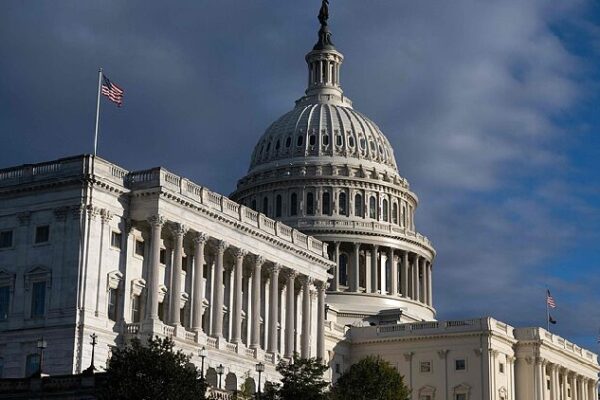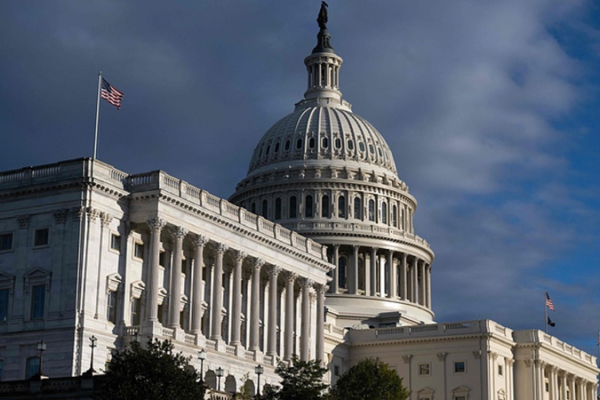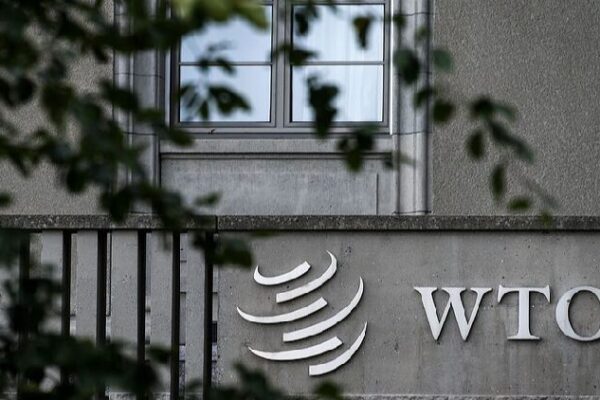Unilateral Tariffs Won’t Fix America’s Fentanyl Problem
The United States is grappling with a serious fentanyl crisis, a potent synthetic opioid causing thousands of overdose deaths every year. In an attempt to tackle this issue, the U.S. government has imposed additional tariffs on certain countries, hoping to pressure them into intensifying enforcement against fentanyl production and trafficking. But are these unilateral trade measures the right solution?
Violating International Trade Rules
These tariffs conflict with the rules set by the World Trade Organization (WTO), which promotes fair and free trade among its members. By targeting specific countries with higher tariffs, the U.S. violates the Most-Favored-Nation principle, which requires WTO members to treat all trading partners equally. Such actions undermine the authority of the WTO and could lead to retaliatory measures from other countries.
Unintended Consequences
Rather than solving the fentanyl problem, these tariffs may backfire. Higher tariffs can lead to increased prices for imported goods, burdening American consumers and businesses. They also risk sparking trade wars, which can harm the global economy and strain international relations.
Cooperation Is Key
The root of the fentanyl crisis lies within the U.S. itself. High domestic demand and regulatory loopholes contribute to the problem. Fentanyl is synthesized using common chemicals, making it easy to produce illicitly. To effectively combat this issue, the U.S. needs to address domestic factors and work collaboratively with other nations.
A Multinational Approach
Solving the fentanyl crisis requires stronger international cooperation. By collaborating with other countries, the U.S. can enhance oversight of chemicals, crack down on trafficking networks, and share vital information. This collective effort is more likely to yield sustainable results than unilateral trade sanctions.
Conclusion
Unilateral trade coercion is not the answer to the complex fentanyl crisis. Only through addressing internal challenges and fostering international cooperation can lasting progress be made.
Reference(s):
Unilateral trade coercion won't fix the U.S. fentanyl crisis
cgtn.com








